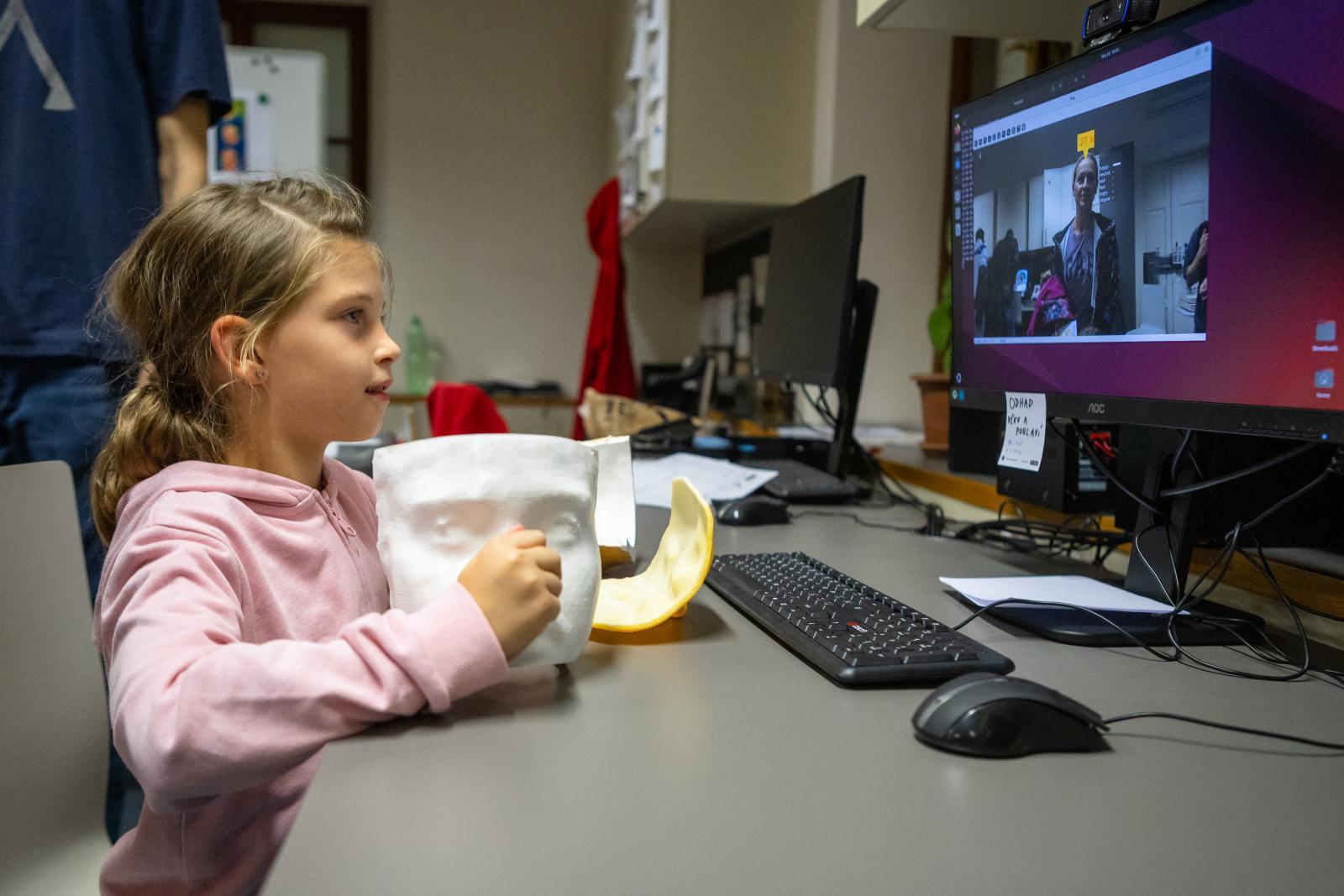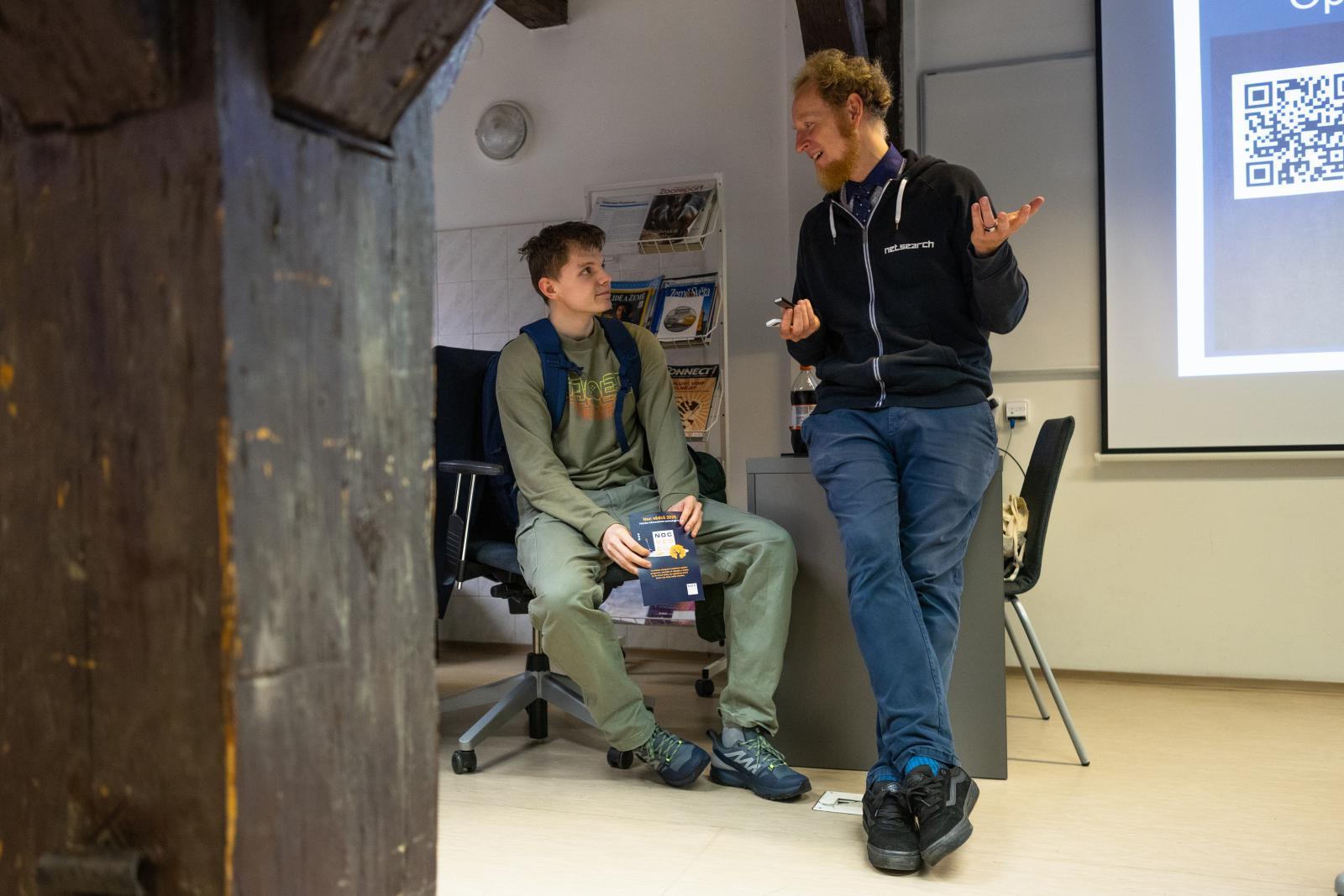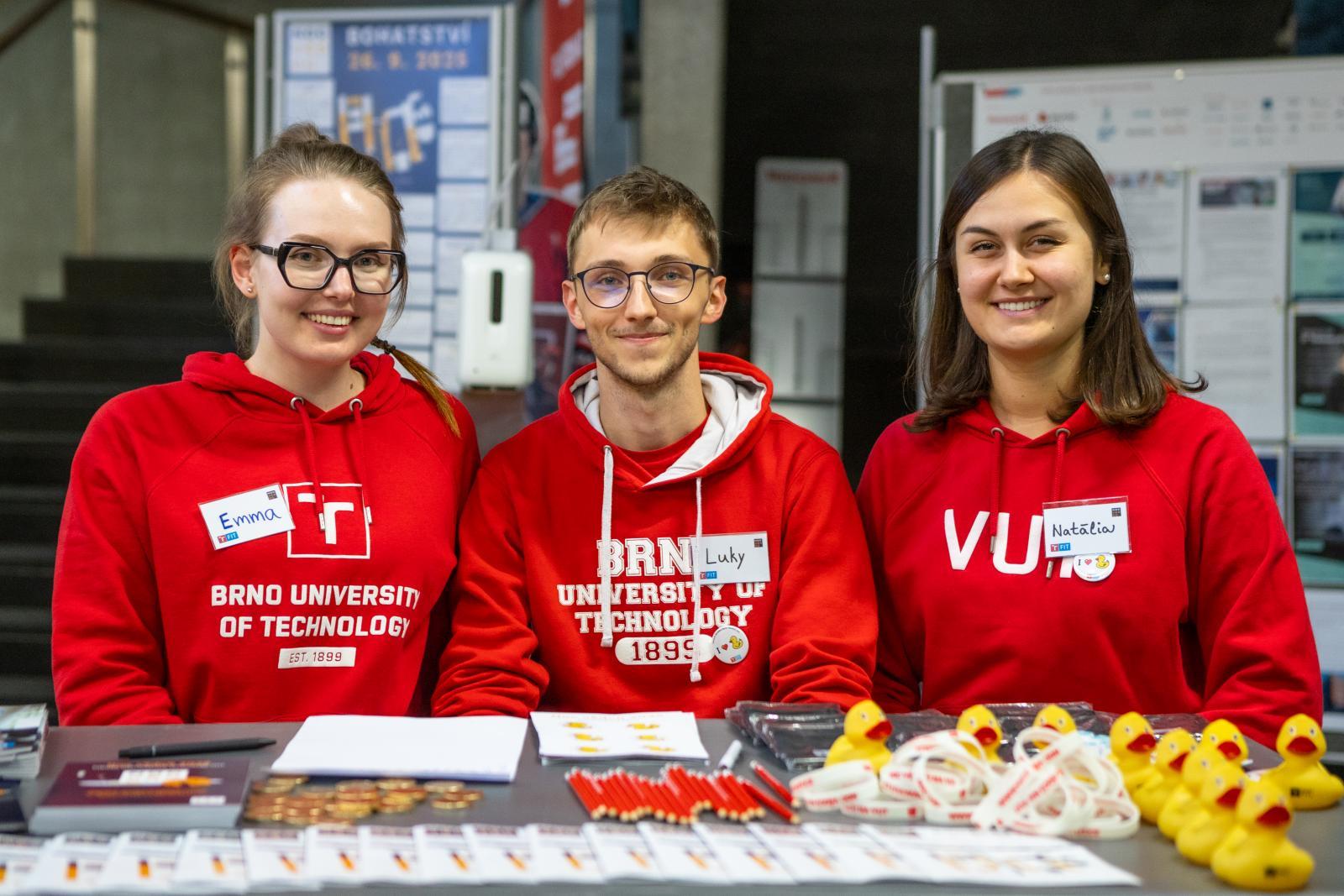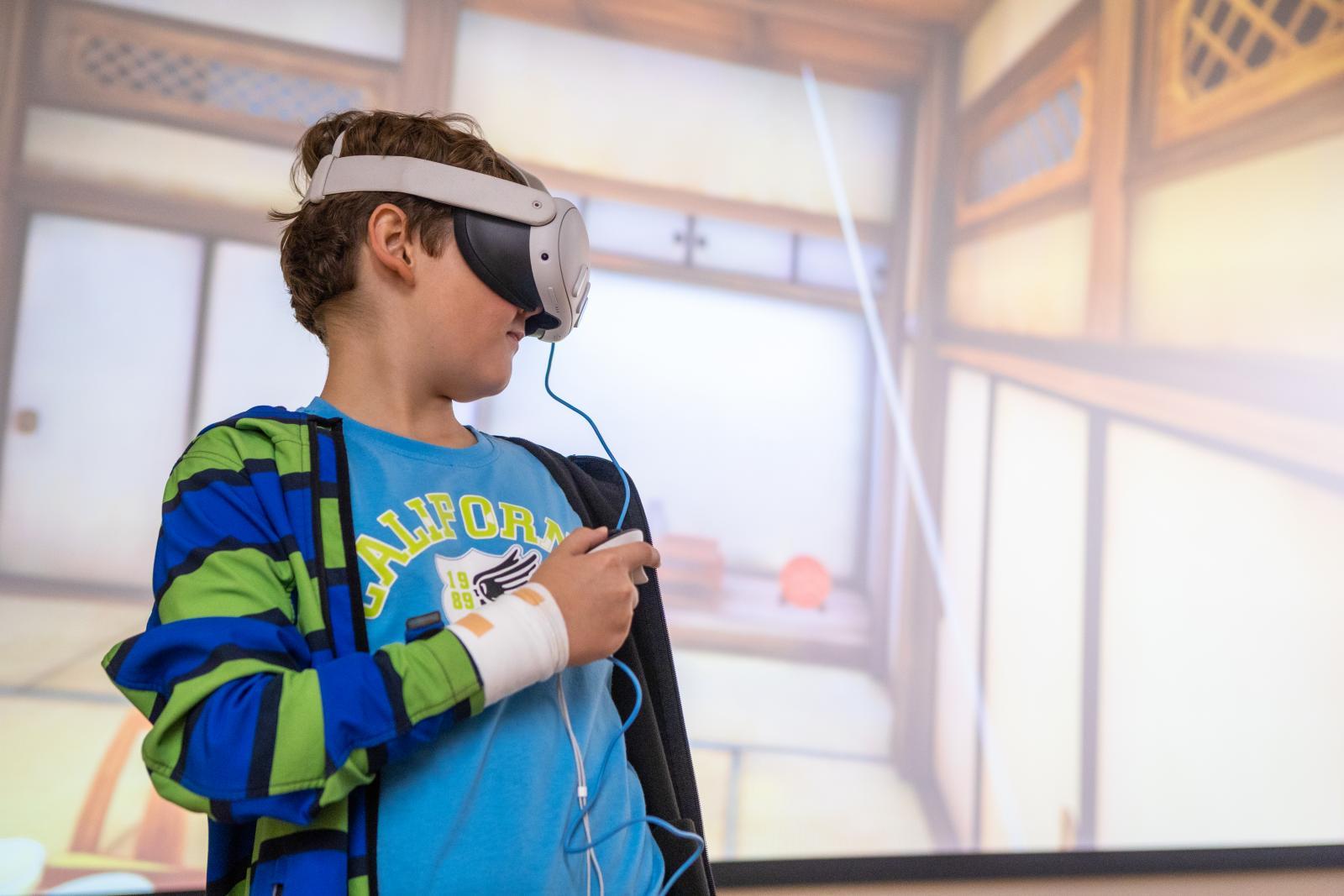Industry experts as part of teaching at FIT BUT
|
Good practice in teaching information technology includes inviting lectures by experts from industry. This gives students the opportunity to learn directly from people who are shaping the direction of development in the field and inspiring the community with their practical experience. This approach has been used at FIT for many years. Selected examples from among many include the courses Binary Code Analysis (IAN), IBM zSeries Server Administration (IIZ), and User Interface Design (ITU). Jan Pluskal also applies a similar approach in his courses at the Department of Information Systems. The C# Seminar (ICS) and Programming in .NET and C# (IW5) courses feature several external lecturers. "Like the ICS course, the IW5 course is taught in collaboration with leading experts from the field who are actively involved in teaching. Our lecturers are top experts in the field of software development who have long been involved in modern technologies and regularly share their experience with the community. Many of them lead large teams of developers in companies engaged in custom software development, which gives students deep insight into technologies as well as real-world project management and teamwork." The lecturers are also recognized figures in the .NET community, appearing at conferences such as WUGDays, Update Conference, and MeetUpdate, organizing professional events, and many of them have been repeatedly awarded the prestigious MVP (Most Valuable Professional) title by Microsoft. One of these experts is Roman Jašek, who completed his introductory lecture in the IW5 course three weeks ago and will again contribute to the course with topics such as Blazor, Azure, and NET Multi-platform App UI. "I have several lectures as part of the course. Students who attend them will learn how to create a web application, what parts it consists of, how communication works between the part that is displayed to the user in the browser and the part that runs in the background. At the same time, they will learn how a comprehensive solution for managing and logging users into a web application works and what standards are used in web application development." Jašek admits that teaching is a challenge for him. It consists of explaining principles he knows from practice in a way that is understandable to people who do not yet have experience with them. He sees the advantage of "people from the field" in that they can bring their practical experience from long-term work with the technology—they encounter situations that cannot be fully covered in school. At the same time, they can provide insight into current developments in a specific area. "I believe this can be beneficial for students when deciding which direction to focus on and, therefore, when choosing their future career." One of the topics Jašek discussed with students is the use of artificial intelligence in student projects. He naturally uses AI in his daily work, so he expects students to work with it as well. "On the other hand, I told the students that AI is good to use, but at the same time, they shouldn't abuse it. If it solves the entire task for them without them understanding what it is creating, it is counterproductive. In that case, they miss out on the opportunity to learn something new... and AI can actually replace them." Artificial intelligence that frees up your hands (e.g., by performing repetitive tasks) so that you can focus on the creative parts that move you forward will increase your productivity. In addition to Jašek, Martin Dybal, Maroš Janota, and others are involved in teaching the subject. The use of experts from industrial practice certainly has its place in university IT studies. This is also demonstrated by the studies at our faculty. |
![[img]](https://www-dev.fit.vutbr.cz/fit/news-file/d305080/1000022720_1600.jpg)
![[img]](https://www-dev.fit.vutbr.cz/fit/news-file/d304737/WhatsApp_Image_2025-08-26_at_15_07_09__2__1600.jpeg)



